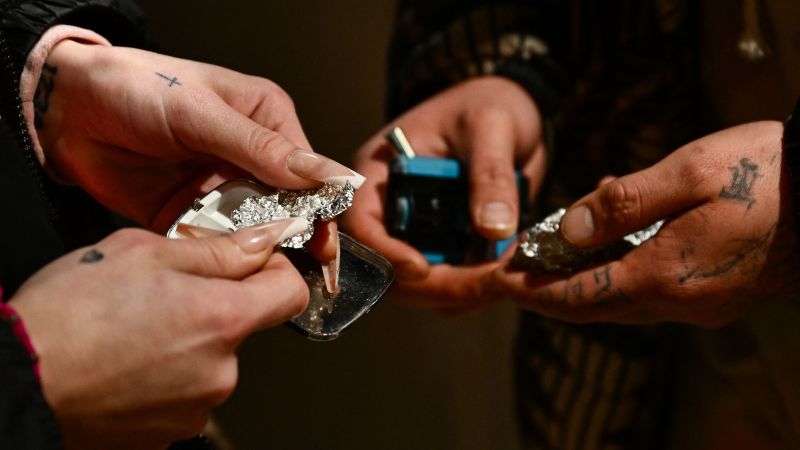A version of this story appears in CNN’s What Matters newsletter. To get it in your inbox, sign up for free here.
Less than four years after Oregon voters decided to decriminalize small amounts of hard drugs in the state, legislators have had enough.
A surge in fentanyl overdoses in the state drove state lawmakers to pass a bill aimed at rolling back the experiment, which was meant to signal an end to the decadeslong war on drugs.
Oregon has suffered a spike in overdoses, but there is disagreement among researchers over whether the decriminalization effort or the rise of fentanyl is to blame. The decriminalization effort came quickly, and its goal of pouring money into treatment instead of prosecuting drug crimes barely had time to take hold.
Certainly, the image of people openly using drugs in Oregon’s cities has been jarring, as CNN’s Josh Campbell and Michelle Krupa found. They traveled to Portland after the city’s Democratic mayor and the state’s Democratic governor declared a state of emergency over the fentanyl crisis.
“Essentially what has happened is drugs in Oregon are the same as a traffic ticket,” Portland police Officer David Baer told them. And the fine can be waived if a user calls a hotline and agrees to a medical screening.
Campbell and Krupa talked to people on every side of the complicated issue. Read their full report.
If the newly passed bill is signed into law by Oregon Gov. Tina Kotek – she has not yet said what she will do – possession of small amounts of hard drugs would be punishable by up to six months in jail, although there would be alternatives to the penalty in the form of required treatment.
Enacting the law to undo the voter initiative will, according to Oregon Public Broadcasting, apparently end…
Read the full article here

Leave a Reply